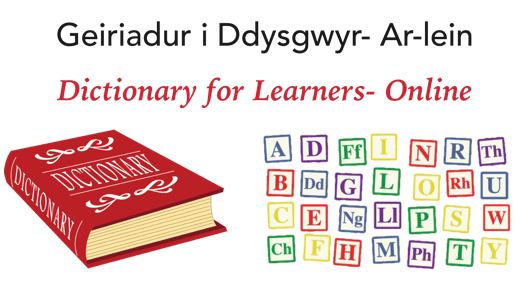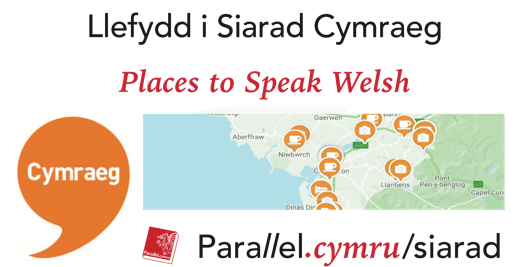Warning: Parameter 2 to qtranxf_postsFilter() expected to be a reference, value given in /home/parallel/public_html/wp-includes/class-wp-hook.php on line 324
Warning: Parameter 2 to qtranxf_postsFilter() expected to be a reference, value given in /home/parallel/public_html/wp-includes/class-wp-hook.php on line 324
Warning: Parameter 2 to qtranxf_postsFilter() expected to be a reference, value given in /home/parallel/public_html/wp-includes/class-wp-hook.php on line 324
Warning: Parameter 2 to qtranxf_postsFilter() expected to be a reference, value given in /home/parallel/public_html/wp-includes/class-wp-hook.php on line 324
Warning: Parameter 2 to qtranxf_postsFilter() expected to be a reference, value given in /home/parallel/public_html/wp-includes/class-wp-hook.php on line 324
Warning: Parameter 2 to qtranxf_postsFilter() expected to be a reference, value given in /home/parallel/public_html/wp-includes/class-wp-hook.php on line 324
Warning: Parameter 2 to qtranxf_postsFilter() expected to be a reference, value given in /home/parallel/public_html/wp-includes/class-wp-hook.php on line 324
Warning: Parameter 2 to qtranxf_postsFilter() expected to be a reference, value given in /home/parallel/public_html/wp-includes/class-wp-hook.php on line 324
Warning: Parameter 2 to qtranxf_postsFilter() expected to be a reference, value given in /home/parallel/public_html/wp-includes/class-wp-hook.php on line 324
Warning: Parameter 2 to qtranxf_postsFilter() expected to be a reference, value given in /home/parallel/public_html/wp-includes/class-wp-hook.php on line 324
Warning: Parameter 2 to qtranxf_postsFilter() expected to be a reference, value given in /home/parallel/public_html/wp-includes/class-wp-hook.php on line 324
Warning: Parameter 2 to qtranxf_postsFilter() expected to be a reference, value given in /home/parallel/public_html/wp-includes/class-wp-hook.php on line 324
Warning: Parameter 2 to qtranxf_postsFilter() expected to be a reference, value given in /home/parallel/public_html/wp-includes/class-wp-hook.php on line 324
Warning: Parameter 2 to qtranxf_postsFilter() expected to be a reference, value given in /home/parallel/public_html/wp-includes/class-wp-hook.php on line 324
Warning: Parameter 2 to qtranxf_postsFilter() expected to be a reference, value given in /home/parallel/public_html/wp-includes/class-wp-hook.php on line 324
Warning: Parameter 2 to qtranxf_postsFilter() expected to be a reference, value given in /home/parallel/public_html/wp-includes/class-wp-hook.php on line 324
Warning: Parameter 2 to qtranxf_postsFilter() expected to be a reference, value given in /home/parallel/public_html/wp-includes/class-wp-hook.php on line 324
Warning: Parameter 2 to qtranxf_postsFilter() expected to be a reference, value given in /home/parallel/public_html/wp-includes/class-wp-hook.php on line 324
Warning: Parameter 2 to qtranxf_postsFilter() expected to be a reference, value given in /home/parallel/public_html/wp-includes/class-wp-hook.php on line 324
Warning: Parameter 2 to qtranxf_postsFilter() expected to be a reference, value given in /home/parallel/public_html/wp-includes/class-wp-hook.php on line 324
Warning: Parameter 2 to qtranxf_postsFilter() expected to be a reference, value given in /home/parallel/public_html/wp-includes/class-wp-hook.php on line 324
Warning: Parameter 2 to qtranxf_postsFilter() expected to be a reference, value given in /home/parallel/public_html/wp-includes/class-wp-hook.php on line 324
Warning: Parameter 2 to qtranxf_postsFilter() expected to be a reference, value given in /home/parallel/public_html/wp-includes/class-wp-hook.php on line 324
Warning: Parameter 2 to qtranxf_postsFilter() expected to be a reference, value given in /home/parallel/public_html/wp-includes/class-wp-hook.php on line 324
Warning: Parameter 2 to qtranxf_postsFilter() expected to be a reference, value given in /home/parallel/public_html/wp-includes/class-wp-hook.php on line 324
Warning: Parameter 2 to qtranxf_postsFilter() expected to be a reference, value given in /home/parallel/public_html/wp-includes/class-wp-hook.php on line 324




